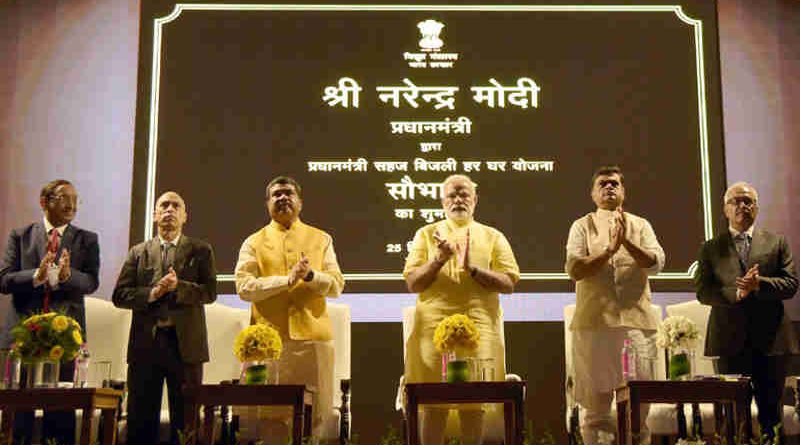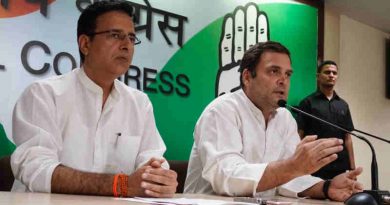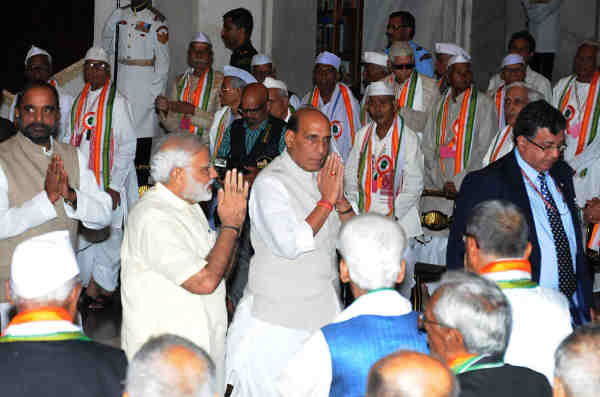India to Provide Power Connections to 40 Million Households

Even after 70 years of independence, Indian governments have failed to provide the basic amenities – such as water and electricity – to the people. India continues to be a poor underdeveloped country.
The Prime Minister, Narendra Modi, launched Monday the Pradhan Mantri (PM) Sahaj Bijli Har Ghar Yojana, or Saubhagya, at New Delhi. The aim of this scheme is to provide power to all homes.
Speaking on the occasion, Modi said the Pradhan Mantri Sahaj Bijli Har Ghar Yojana would provide power connections to all the estimated four crore (40 million) households that currently did not have a power connection.
The outlay for this scheme would be over Rs. 16000 crore. These connections would be provided free of cost to the poor, the Prime Minister said.
[ Environment Protection: Join the Green Group of Dwarka ]
Speaking to the accompaniment of a presentation, the Prime Minister recounted how he had set a target of electrifying over 18000 unelectrified villages within 1000 days. He said less than 3000 villages are now left to be electrified.
He explained how coal shortages have become a thing of the past, and capacity addition in power generation has exceeded targets.
The Prime Minister also spoke of an increase in renewable power installed capacity, towards the target of 175 GW by 2022. He mentioned how the power tariff in the case of renewable energy has been reduced significantly. A considerable increase has also been made in transmission lines.
The Prime Minister mentioned how the UDAY scheme has brought down losses of power distribution companies, describing it as an example of cooperative, competitive federalism.
Explaining the impact of economies of scale in the UJALA scheme, the Prime Minister said that the cost of LED bulbs has come down significantly.
The Prime Minister said that New India will require an energy framework that works on the principle of equity, efficiency and sustainability. He said the change in work culture in the Union Government is strengthening the energy sector. This, in turn, will positively impact the work culture of the entire country, he added.
Photo courtesy: Press Information Bureau





